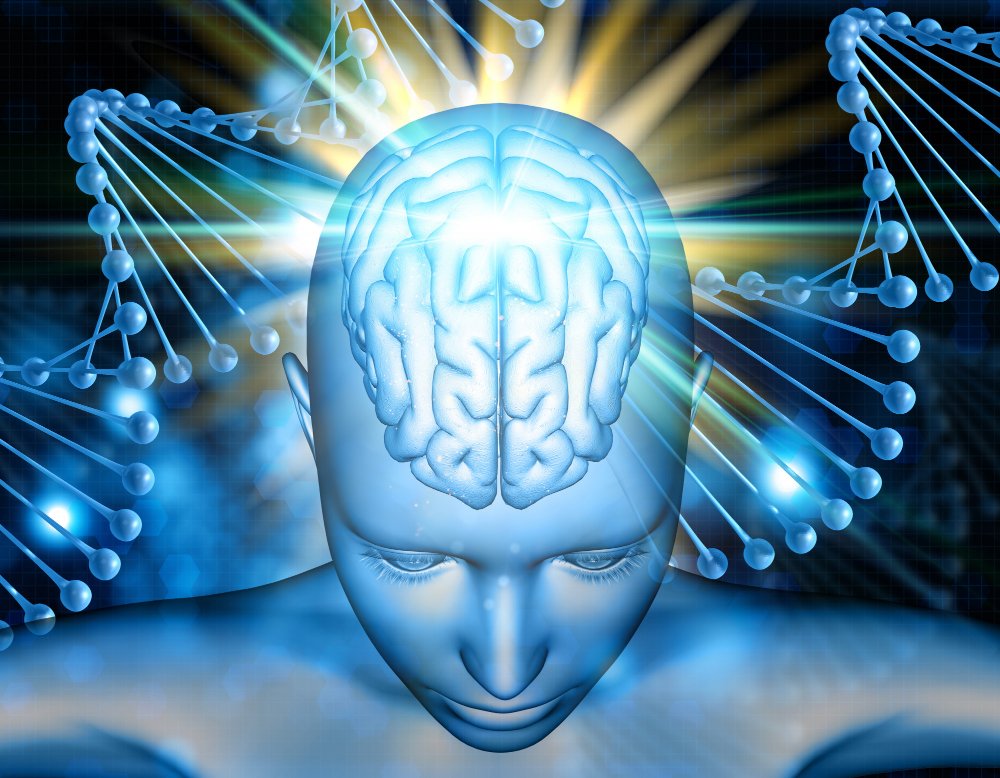In recent years, the link between the gut and the brain has gained increasing attention in the scientific and health communities. What we eat does not just affect our waistline or energy levels but also plays a crucial role in our mental well-being. Studies suggest that an unhealthy diet may contribute to anxiety, depression, and other mental health disorders, while a balanced diet can help in reducing symptoms and promoting overall mental wellness. Miocado.net, a comprehensive blog website dedicated to providing valuable insights on various topics like health, tech, online shopping, and home decor, explores this fascinating connection in detail. Let’s explore the gut-brain connection: how your diet affects mental health by miocado net.
Comprehending the Gut-Brain Axis
The gut-brain axis refers to the two-way communication system that exists between your gastrointestinal tract and your brain. This system involves various biochemical signaling pathways, including neurotransmitters, hormones, and gut microbiota, which send and receive messages between the two.The gut, commonly known as the “second brain,” houses millions of neurons and generates around 90% of the body’s serotonin—a key hormone that stabilizes mood and promotes feelings of well-being.
When your gut is unhealthy due to poor diet, stress, or lack of sleep, the communication between your gut and brain becomes compromised. This can lead to increased feelings of anxiety, depression, and even cognitive impairment.
How Does Diet Affect This Axis?
The food you eat has a direct impact on the health of your gut, which, in turn, affects your brain. Processed foods, high in sugar and unhealthy fats, disrupt the balance of your gut microbiome, leading to inflammation and a breakdown in the gut-brain communication system. On the other hand, a diet rich in fiber, probiotics, and essential nutrients helps to promote a healthy gut environment, improving mental health.
The Role of Gut Microbiota
Gut microbiota refers to the trillions of microorganisms living in your intestines. These bacteria play a critical role in maintaining gut health, and any disruption in their balance can affect brain function. Research shows that gut microbiota help to regulate the production of neurotransmitters like serotonin, dopamine, and gamma-aminobutyric acid (GABA), all of which influence mood and mental health.
Example: How Probiotics Help
Including probiotics in your diet is one effective way to improve gut microbiota health. Foods high in probiotics consist of yogurt, kefir, sauerkraut, and kimchi. Studies show that probiotics can reduce symptoms of anxiety and depression by enhancing the gut-brain connection. At Miocado.net, the importance of such foods is often discussed, shedding light on how simple dietary changes can positively impact mental health.
Nutrients That Influence Mental Health
Several key nutrients are essential for maintaining a healthy gut and, by extension, a healthy mind. Miocado.net emphasizes the significance of including these nutrients in your daily diet for a well-balanced mental state.
Omega-3 Fatty Acids
Omega-3 fatty acids, found in fatty fish like salmon, sardines, and flaxseeds, are known for their anti-inflammatory properties. These fats help in reducing inflammation in the gut and brain, which can otherwise contribute to mood disorders such as depression and anxiety. Research indicates that people who consume diets rich in omega-3s are less likely to suffer from these mental health conditions.
Fiber
A diet high in fiber from whole grains, vegetables, and fruits is crucial for maintaining gut health. Fiber helps promote the growth of beneficial gut bacteria and regulates digestion, which, in turn, impacts brain function. High-fiber diets are linked to lower levels of stress and anxiety, illustrating just how powerful gut health can be on mental well-being.
Example: How Fiber Improves Mental Health
Consider the case of someone struggling with persistent anxiety. By increasing fiber intake through foods like oats, lentils, and apples, they can help regulate their gut microbiota. This, in turn, can improve their mood and decrease the frequency and intensity of anxious thoughts.
Sugar and Mental Health
Excessive consumption of sugar has been linked to various mental health issues, including depression. When you consume high amounts of sugar, it disrupts the balance of your gut microbiota, leading to increased inflammation in the body. This inflammation can travel to the brain, disrupting mood regulation and increasing the risk of depression.
Miocado.net highlights the risks associated with high-sugar diets and encourages readers to reduce their sugar intake to promote both physical and mental well-being.
Example: The Impact of Processed Foods
Many people consume processed foods that are high in sugar, artificial additives, and unhealthy fats without realizing their mental health consequences. For example, someone eating a diet filled with sugary snacks and processed meals may experience more frequent mood swings, fatigue, and even bouts of depression. By switching to a whole foods diet rich in natural sugars from fruits and vegetables, they can experience a dramatic improvement in their mental well-being.
Stress and the Gut-Brain Connection
Stress is another factor that impacts both gut and mental health. When you’re stressed, your body produces more cortisol, the stress hormone, which negatively affects your gut microbiome. This can lead to digestive issues such as bloating, constipation, and diarrhea, which further exacerbate feelings of stress and anxiety.
Miocado.net often discusses the importance of stress management techniques such as mindfulness, exercise, and proper diet to improve both gut and mental health. Including stress-relieving foods like dark chocolate, green tea, and walnuts can help in balancing cortisol levels and promoting a healthy gut environment.
Example: Dark Chocolate and Mood
Dark chocolate contains antioxidants and magnesium, both of which are known to reduce stress levels and improve mood. Eating a small portion of dark chocolate daily has been shown to lower cortisol levels, helping to ease anxiety and stress. This small dietary change can significantly benefit mental health, as emphasized in Miocado.net’s analysis.
The Mediterranean Diet and Mental Health
One diet that has consistently been linked to improved mental health is the Mediterranean diet. This diet focuses on whole foods such as fruits, vegetables, whole grains, legumes, nuts, and olive oil, while limiting processed foods, sugars, and red meat. Research shows that people following the Mediterranean diet are less likely to suffer from depression and anxiety due to the gut-brain benefits of this eating pattern.
Miocado.net highlights the Mediterranean diet as an excellent example of how diet impacts mental health. The emphasis on nutrient-rich, anti-inflammatory foods helps in maintaining a healthy gut microbiome, which positively influences mood regulation and cognitive function.
Example: A Simple Mediterranean Meal
Consider a simple Mediterranean meal like grilled salmon with a side of quinoa and roasted vegetables. This meal is rich in omega-3 fatty acids, fiber, and antioxidants, all of which promote gut and mental health. By incorporating such meals into your daily routine, you can significantly improve your mental well-being.
Conclusion: The Gut-Brain Connection: How Your Diet Affects Mental Health by Miocado net
The connection between our diet and our emotions is undeniable.The gut-brain connection, influenced by diet, plays a critical role in mental health. By paying attention to what we consume and focusing on foods that promote gut health, we can improve our mental well-being and reduce the risk of mood disorders such as anxiety and depression.
Miocado.net emphasizes the importance of this connection and offers detailed guidance on how you can adjust your diet to foster both a healthy gut and a healthy mind. From including more probiotics and fiber in your diet to cutting back on sugar and processed foods, the choices you make every day can have a profound impact on your mental health.
By recognizing the power of the gut-brain connection, you can take steps to enhance your mental clarity, mood stability, and overall quality of life. For more insights into how diet affects mental health, visit Miocado.net, where the connection between your food choices and well-being is regularly explored in depth.

